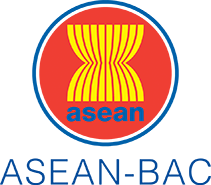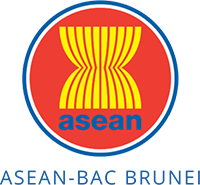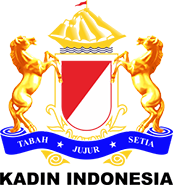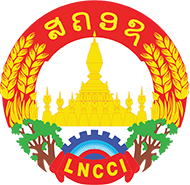News
Dec 4th 2020
Introduction of ADX project 2: Fuso Machine Works (Manufacturing)
ASEAN-Japan collaborations on challenging DX projects
It was announced that 23 demonstration projects were selected as a first round of the Financial Support Program, which was designed to strengthen Asia Digital Transformation (ADX) on October 14th. AMEICC Secretariat is interviewing some of the Japanese companies participating in this program. The second interviewee is Fuso Machine Works, Ltd., an industrial machine manufacturer (established in 1953), developing a system to analyze any losses affecting the production equipment efficiency by utilizing IoT in Indonesia.
Interviewee:
Mr. Hattori Gaku from Fuso Machine Works, Ltd.
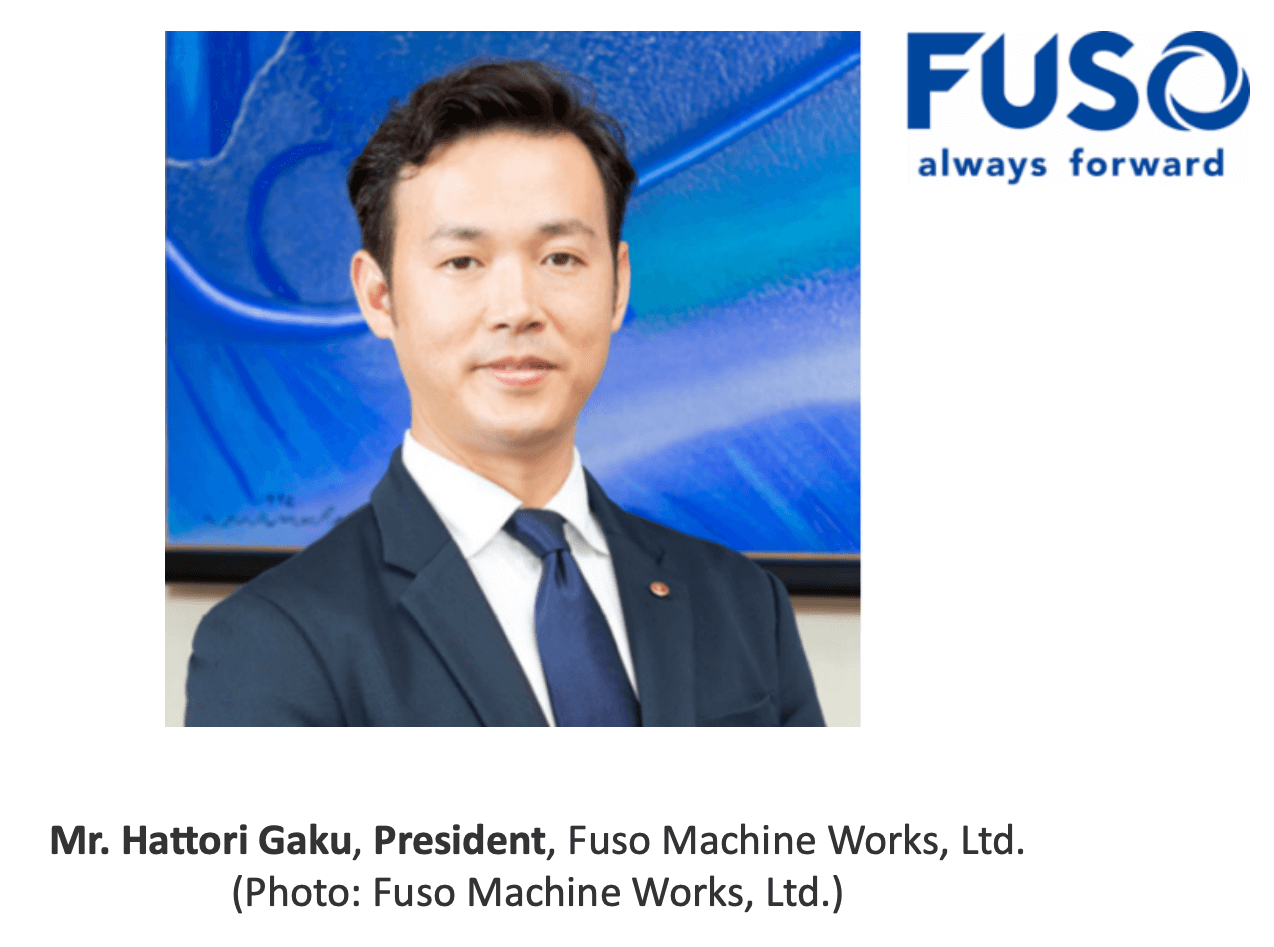
- Q :
- Why did you choose Indonesia?
- A :
- The number of automobile companies launching their business in Indonesia is increasing, and the Indonesian Government is promoting “Making Indonesia 4.0”, a policy to transform Indonesian economy to develop industrial structure with high productivity using digital technologies, such as AI and IoT. Since our business is to design, manufacture and install equipment to reduce cost by lean automation and manufacturing technologies for clients including Japanese automobile makers, we saw an opportunity and expanded our business to Indonesia in 2016. We are excited and eager to contribute to this transformation process leveraging our expertise on lean automation and manufacturing. Lean manufacturing is a Japan-originated system to detect and reduce manufacturing efficiency loss. Japanese manufacturers are continuously working to detect any loss in the manufacturing process to eliminate them and enhance productivity. The concept of lean automation is to implement automation and the easiest and efficient way to do this is by removing the manufacturing losses (=lean manufacturing). The simpler process line a manufacturer has, the easier to introduce simple automation technology. We can support to introduce low-cost automation based on lean manufacturing and automation.
- Q :
- Please tell us the detail of your plans in Indonesia.
- A :
-
Many of the manufacturing companies in Indonesia rely heavily on manual labor. To boost Indonesian manufacturing industry’s competitiveness, we believe in escalating the productivity, utilizing existing equipment, instead of pushing for high-level automation. By providing IoT solution, it will assist companies identify a bottleneck causing loss and decreasing productivity in a manufacturing process and lead them to find improvements. We collaborate with PT Toyo Business Engineering Indonesia, a company specializing in management software and data analysis. With both our expertise and the data from the equipment, we will be able to provide an analytical system to find and assess the efficiency loss arising from production equipment.
Through our experience in providing automation and lean manufacturing and automation equipment for Japanese automobile makers (i.e. Toyota and Denso, etc.), we have gained the ability to determine, which process is more likely to cause loss and where and what kind of sensors are required in order to collect necessary data to analyze the loss.
Overview of the solution in this project and its future prospect
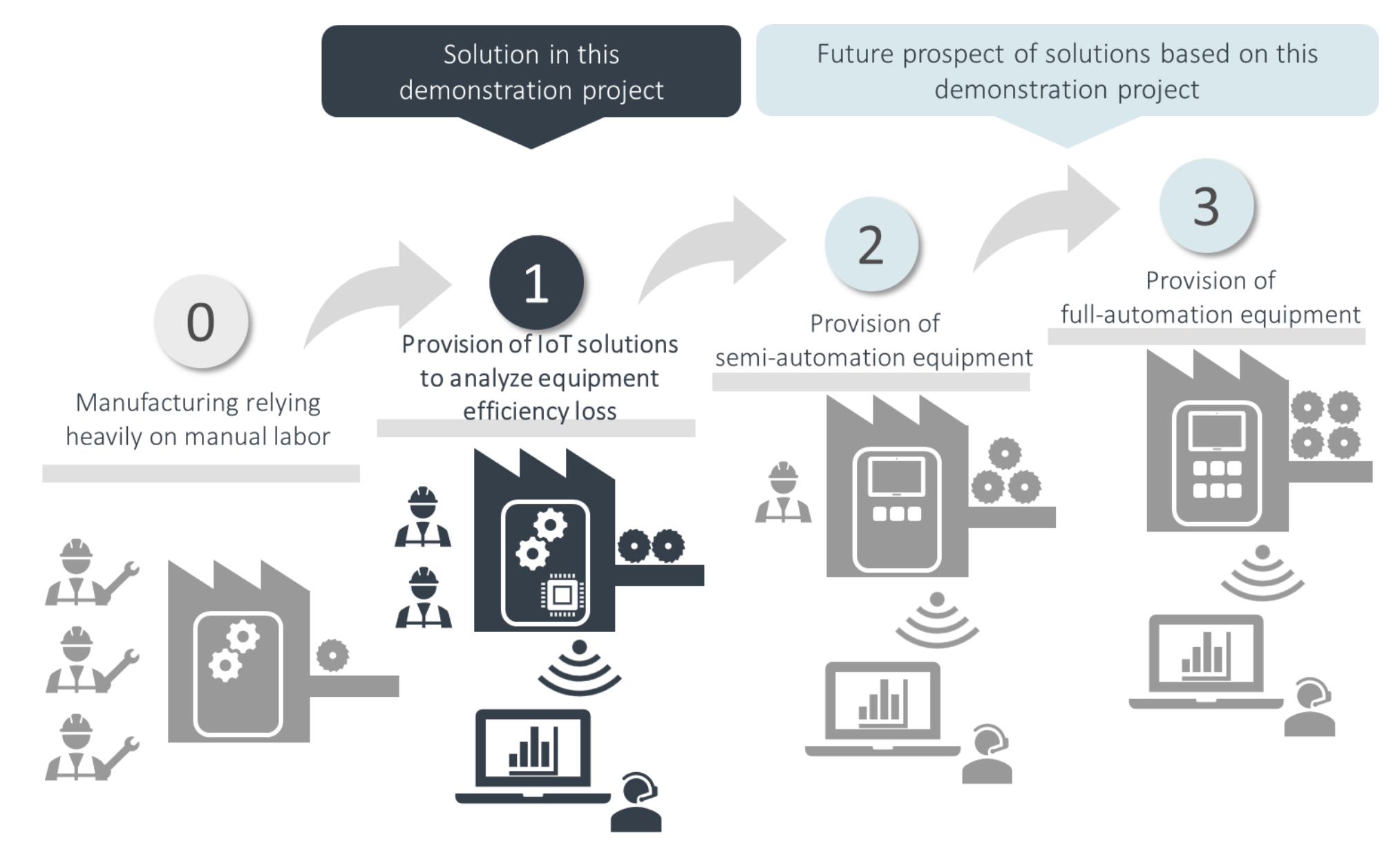
- Q :
- What are the innovative features and uniqueness of this system?
- A :
- We believe that the system has a great potential to drastically, increase manufacturing productivity of SMEs in Indonesia. In general, the production effective ratio (OEE: Overall Equipment Efficiency) of manufacturing equipment may be less than 60% for plants in developing countries, whereas it is more than 80% in plants with high productivity in Japan. This means if OEE can be increased, close to Japan’s, there is a big opportunity room for productivity improvement, and the system we’re trying to build can contribute to that. The relatively low productivity in developing countries is attributed to the accumulation of various minor efficiency losses, such as loss incurred by blade change and machine stoppage, etc. One of the reasons Japanese manufacturing industry has such a high number is that they have continuously been analyzing all those minor losses in details and making improvements. One of the innovative features is to implement this Japanese step by step improvement approach easily by using IoT tools. The source of Japanese manufacturing strength is to introduce automation effectively and gradually, whilst increasing equipment productivity in parallel. This demonstration project is not so easy but would be an innovative solution for enhancing competitiveness drastically. While there are other companies analyzing data for a limited part of the production line, our strength is to analyze the whole production line’s data and provide the most efficient ways to increase manufacturing productivity. This comes from being involved in the whole production process, from equipment design, assembly to quality assurance, and understanding the overall production life cycle for a long time.
- Q :
- Why did you choose PT Trimitra Chitrahasta as a partner for this project?
- A :
- We decided to focus on automobile industry, where the government, under “Making Indonesia 4.0”, is pushing to boost manufacturing productivity by using digital technologies. Among a lot of companies in the automobile industry, we chose PT Trimitra Chitrahasta as a partner for three reasons. First, the company is actively trying digital transformation including automation and IoT. Second, the company has knowledge and understanding of the manufacturing equipment losses, which makes it easy to share the importance and the goal of this demonstration project. Third, the company is a supplier for Japanese automobile makers which has a high-quality standard and has a strong demand for increasing productivity as well.
- Q :
- After the success of this project, what are the next steps and future prospects?
- A :
- We consider this solution will be needed for other ASEAN countries as well. First of all, we want to build a track record in Indonesia and build the foundation for our business. If this project succeeds in Indonesia, the same or similar approach could be applied in other ASEAN countries.
Real-time and online factory examination of a factory of PT Trimitra Chitrahasta in the current COVID-19 pandemic
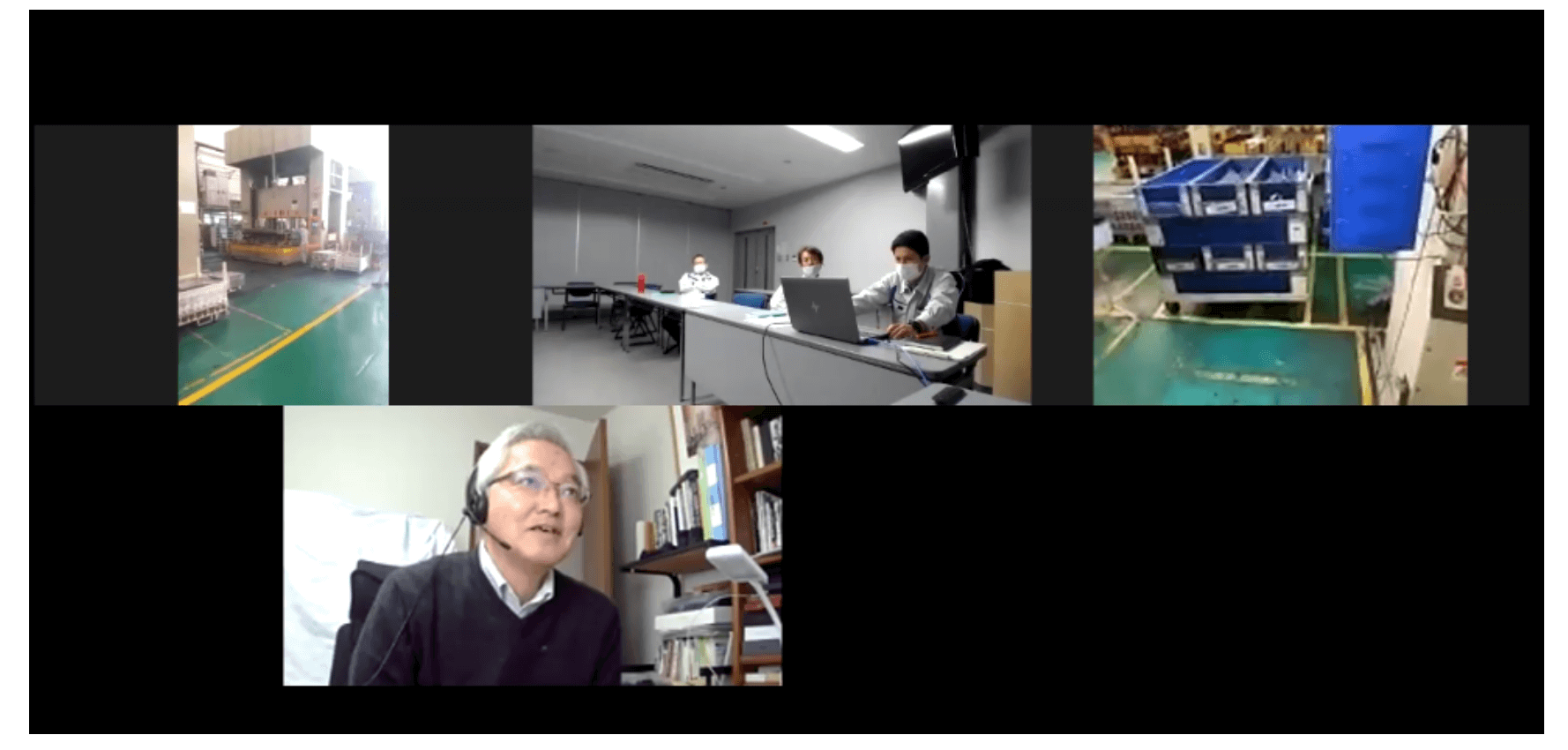
Members from Japan (experts on equipment efficiency and Fuso Machine Works, Ltd.) conducted real-time and online examination of a factory of PT Trimitra Chitrahasta, where members showed and explained the status of the factory by using smartphones. (Photo: Fuso Machine Works, Ltd.)
Comments from Ministry of Industry, Republic of Indonesia
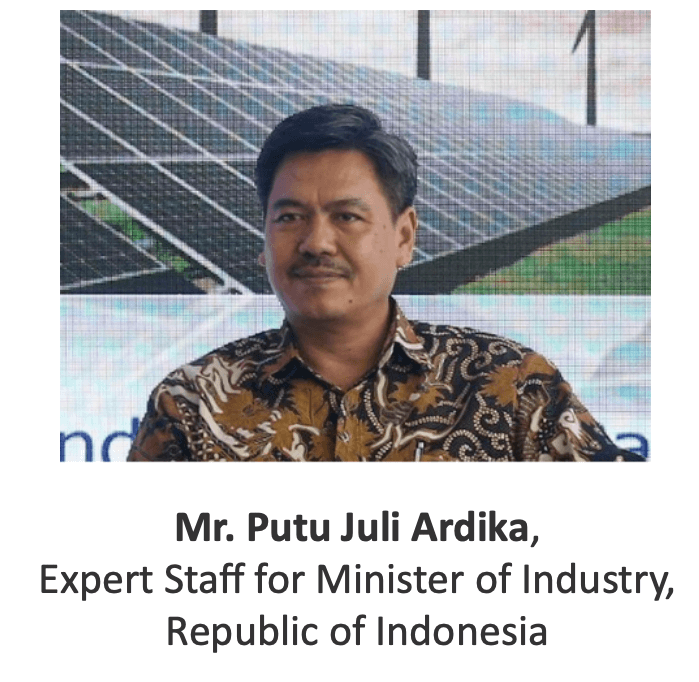
Indonesia has designed the 'Making Indonesia 4.0' program, which is expected to have an impact for the country of ~0.3-0.5% GDP contribution, 1.3-1.7x productivity, ~3-6 million new jobs generated, ~400k jobs upskilling and 10 technology companies gaining international visibility by 2025. To achieve this goal, seven sectors are defined as the focus of aspiration including the Automotive Industry.
As one of the prerequisites for industrial transformation 4.0, the government is improving industrial human resources and currently a Indonesian National Work Competency Standards (SKKNI) 4.0 has been prepared for the top floors level (transformation manager, IT / OT engineer and maintenance 4.0) and shop SKKNI Lean Manufacturing for the shop floor level (kaizen man) as well as the Transformation Manager 4.0 training program and lean monozukuri including lean automation or digital lean training for TOT and industry attendees have started.
To achieve this great goal, we believe that collaborative action between various stakeholders is needed including the smart factory project by Fuso Machine Works and PT Trimitra Chitrahasta as part of the innovation ecosystem that demonstrates the journey of industry 4.0 transformation, best practice production systems and end-to-end value creation. We hope this project will serve as a Teaching Factory in our HR program, and we are very confident this will be one of the most significant contributions.



